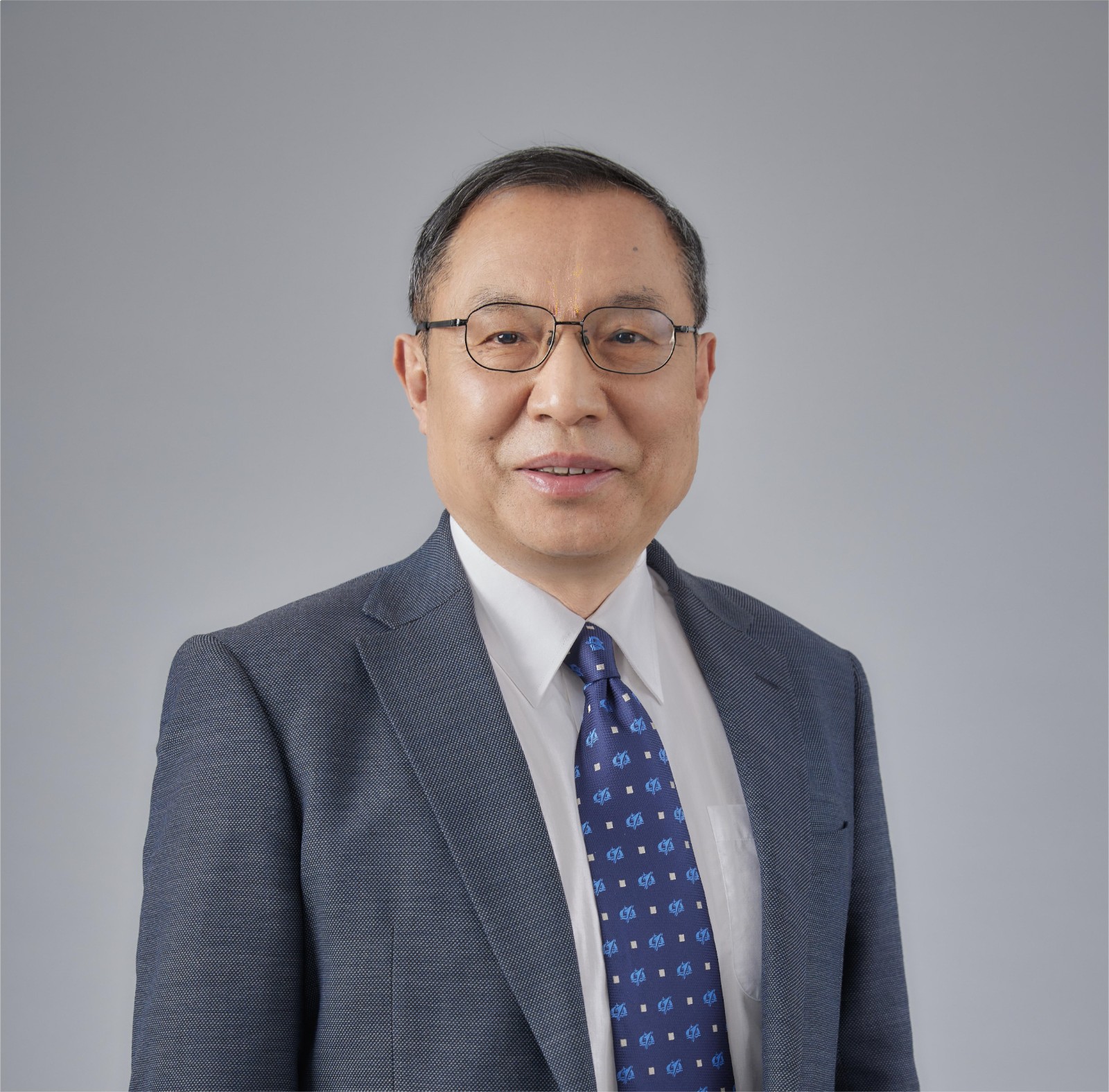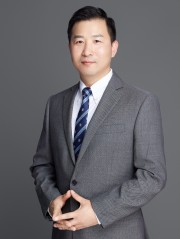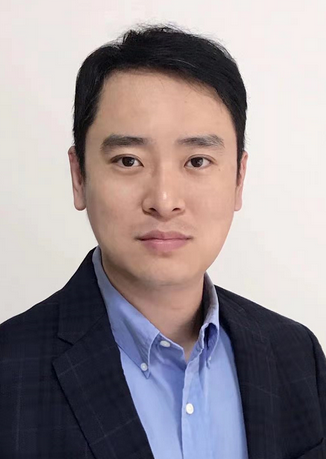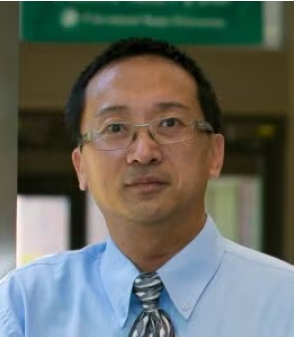
Speakers
| Prof. Jie Li, Shanghai Jiao Tong University, ChinaIEEE Fellow, ACM Senior MemberDr. Jie Li is an Endowed Chair Professor in Computer Science and Engineering, School of Electronic Information and Electrical Engineering, Director of Intelligent Big Data System (iBDSys) Lab., Director of SJTU Blockchain Research Centre, Adjunct Professor of Zhiyuan College with Zhiyuan Honors Program and SJTU Paris Elite Institute of Technology (SPEIT), Shanghai Jiao Tong University (SJTU), Shanghai, China. He serves as the Chief Scientist, Shanghai Key Lab. of Trusted Data Circulation and Governance and Web3. He is an IEEE Fellow, AAIA Fellow, and a Foreign Fellow of the Engineering Academy of Japan (EAJ). He is on the advisory board of Shanghai Frontiers Science Center for Artificial Intelligence and Deep Learning, NYU Shanghai - New York University. He was a full Professor in Department of Computer Science, University of Tsukuba, Japan. He was a visiting Professor in Yale University, USA, Inria Sophia Antipolis and Inria Grenoble-Rhone-Aples, France, during the sabbatical year in September 2014 through August 2015. He has been a visiting Professor/Adjunct Professor of The Chinese University of Hong Kong (CUHK), The Hong Kong Polytechnical University (PolyU), City University of Hong Kong, Tsinghua University, and University of Science and Technology of China (USTC). His current research interests are in Big Data, AI, Blockchain, network systems and security, and smart city. His research has been continuously supported by many national and industrial research grants. Research areas include: big data and AI, blockchain and private preserving computing, network system and security, smart city |
| Prof. H. Herbert Song, University of Maryland, USA IEEE FellowHoubing Herbert Song, Ph.D., is a professor whose research interests include cyber-physical systems/internet of things, cybersecurity and privacy, and AI/machine learning/big data analytics. His research has been sponsored by federal agencies (including National Science Foundation, US Department of Transportation, and Federal Aviation Administration, among others.) He is the Director of the NSF Center for Aviation Big Data Analytics (Planning), the Associate Director for Leadership of the DOT Transportation Cybersecurity Center for Advanced Research and Education (Tier 1 Center) and the Director of the Security and Optimization for Networked Globe Laboratory, SONG Lab, at UMBC. He serves as an Associate Editor for IEEE Transactions on Artificial Intelligence, IEEE Internet of Things Journal, IEEE Transactions on Intelligent Transportation Systems, and IEEE Journal on Miniaturization for Air and Space Systems. He received his Ph.D. degree in electrical engineering from the University of Virginia. |
| Prof. Guangwei Hu, Nanjing University, ChinaDeputy Dean (Research) of the School of Information Management, Professor, Doctoral Supervisor, Master's Supervisor, Director of the Research Institute for Government Data Resources, Head of the Department of Archives and E-government, Chief Expert of Major Projects funded by the National Social Science Fund."Visiting researcher at Georgia Institute of Technology (GIT), awarded titles such as 'Outstanding Talent of the New Century' by the Ministry of Education and 'Six Major Talent Peaks' in Jiangsu Province. Serves on the editorial boards of several international and domestic academic journals and as a Technical Program Committee member for international conferences. Also acts as an advisor for the Jiangsu Big Data Management (formerly Information) Center, an expert for the Jiangsu E-Government Working Group, and the first Vice Chair of the Nanjing Information Security and Patient Privacy Protection Committee.Has led 15 projects, including major projects funded by the National Social Science Fund, National Natural Science Foundation, Ministry of Education's Humanities and Social Sciences projects, and Jiangsu Social Science Fund. Published over 90 academic papers in top-tier journals indexed by SSCI, SCI, EI, and CSSCI, authored 8 monographs, holds 15 software copyrights, 7 patents, 3 software products, and 1 national key new product, as well as 1 high-tech product. Received 5 provincial and ministerial-level awards. Research areas include: Digital Government, Government Big Data, Data Intelligence, Autonomous Systems, Power Big Data, Deep Learning, and Natural Language Processing (NLP). |
| Prof. Lin Liu, Beihang University, ChinaDr. Lin Liu is a full professor at the School of Economics and Management, Beihang University. He obtained his Ph.D. from the University of Southern California and B.E. in Computer Science and Technology from Tsinghua University. His research focuses on topics related to digital platform and the interactions between big data and sport management, and his papers appear in leading business journals, including Management Science, and Production and Operations Management. He is the editor-in-chief of Journal of Economy and Technology (Elsevier) and a guest editor of Journal of System Science and System Engineering (Tsinghua University). He served as an associate editor of Journal of Digital Economy (Tsinghua University). Speech title:Federated Learning and Competition Abstract: Federated Learning (FL) is a novel technique that allows multiple firms to collaborate in training machine learning models while preserving data privacy. This study explores how FL affects firms’ competition and profits. Our results show that a higher level of competition might hinder the application of FL and reduce consumer surplus. |
| Prof. Wenbing Zhao, Cleveland State University, USAIEEE Senior MemberDr. Zhao is a full professor of Electrical Engineering and Computer Science (EECS) at Cleveland State University (CSU), Cleveland, Ohio, USA. He received his bachelor's and master's degrees in physics from Peking University in 1990 and 1993, respectively, and his master's and doctoral degrees in Electrical and Computer engineering from the University of Western Ontario in 1998 and 2002. Before joining Cleveland State University, he was a postdoctoral fellow at Peking University. His research interests include distributed computing, computer and network security management, blockchain management and applications, intelligence and connected healthcare. |




